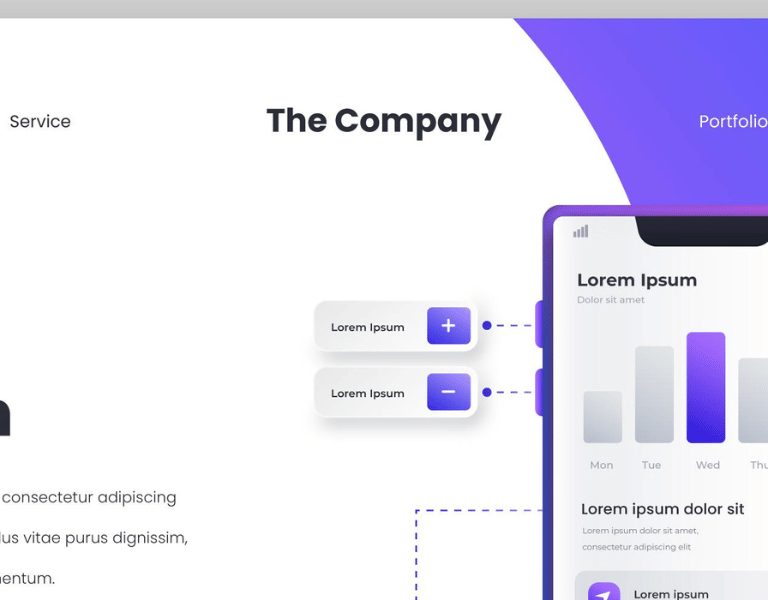Imagine pouring your heart and soul into creating a product only to discover after launch that it fails to resonate with your target audience. This is a hard reality for many firms, particularly start-ups. But what if there was a way to test the waters without committing major resources? Enter the minimum viable product (MVP).
What is an MVP?
Think of an MVP as the most basic version of your product that can nevertheless provide essential value to your target clients. It functions similarly to a prototype, allowing you to collect real-world input and improve on your concept before committing to a full-fledged product launch.
Why is an MVP important in business?
In today’s competitive environment, speed and agility are critical. Building an MVP provides numerous benefits for businesses of all sizes, particularly SMEs and startups:
Reduced Risk and Saved Resources: Creating a full-fledged product can require a large financial commitment. An MVP enables you to test your concept with limited resources, reducing the risk of investing money and time in an idea that may not appeal to your target market. Nielsen Norman Group studies reveal that 68% of new product ideas fail. Building an MVP might help to lessen this risk by proving your fundamental concept before making a substantial investment.
Early Customer Feedback: The actual test of a product is how successfully it answers customer problems. Creating an MVP allows you to get your product in front of real people early on. This vital input allows you to determine what works, what doesn’t, and which features customers genuinely value. This can save you the time and money spent developing features that no one wants.
Market validation: An MVP serves as a litmus test for your product idea. By measuring user interest and interaction with your MVP, you can learn whether your solution meets a true market need. This can help you avoid costly mistakes and stay on the right road.
Improved Product Development: The feedback you gather from your MVP can be used to refine and improve your product before a full launch. This ensures you’re building a product that truly meets the needs and expectations of your target market.
Creating Your MVP: A Step-by-Step Guide
- Identify your core value proposition: What problem do you solve for your customers? What distinctive value does your product provide? Before you begin development, be sure you clearly explain this.
- Prioritize features: Not all features are created equally. Identify the key elements that provide core value to your clients and prioritize their development in your MVP.
- Develop and Launch: Concentrate on creating a simple, working version of your product that captures your primary value proposition. Remember, this isn’t about producing a polished finished product.
- Gather feedback: Once launched, actively solicit input from your users via surveys, interviews, and user testing.
- Iterate and Improve: Analyze customer feedback and use it to refine and improve your product. This iterative process is crucial for building a successful product.
Beyond the Basics: Interesting Facts and Insights on MVPs
- Focus on Solvable Problems: According to Eric Ries, the author of the Lean Startup technique, any successful MVP must solve a well-defined customer pain point. Make sure your MVP addresses a real problem that your target market is willing to pay to fix.
- Data-Driven Decisions: When developing and iterating your MVP, don’t rely exclusively on intuition. Use data from user involvement, website analytics, and surveys to make educated product development decisions.
Power of “Minimum”: Remember, the secret to an MVP is to keep it simple. Concentrate on essential functionality to avoid feature creep, which can bloat your product and cause delays in launch.








